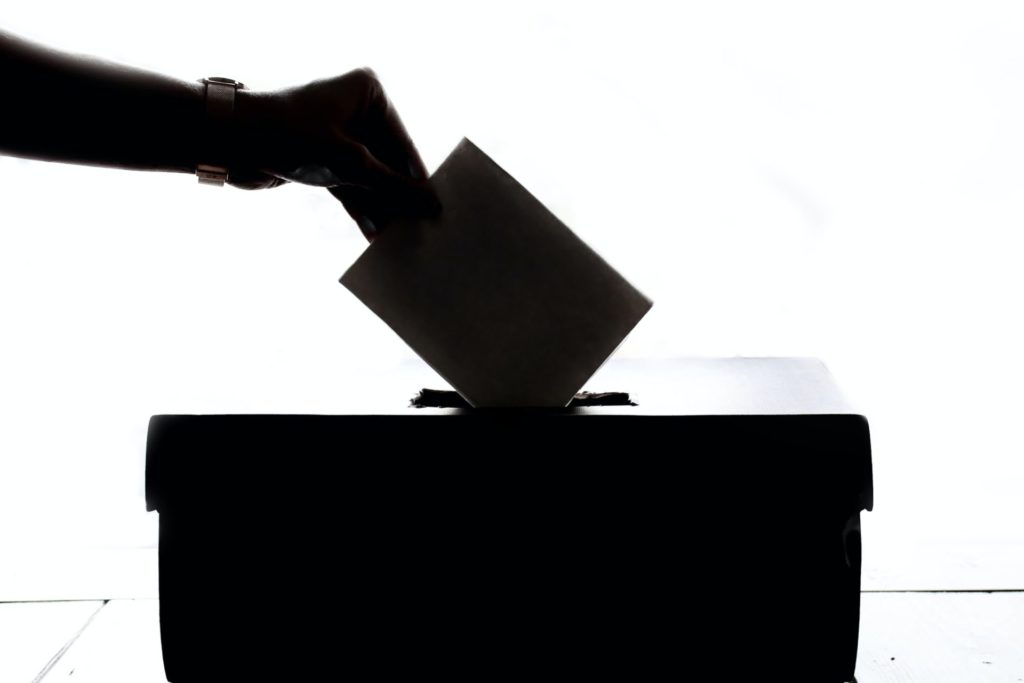As was announced last year, Flanders is reforming the organisation of local elections, allowing people to choose where they vote from, or whether they vote at all.
The draft reform, tabled by Flemish Home Affairs minister Bart Somers, was approved by the Flemish Government on Tuesday as part of efforts to modernise and democratise the local elections in the region by allowing voting results to be published per polling station, as is done in the United States, among others.
"Those who followed the elections in the US will undoubtedly remember the images of CNN journalist John King analysing the incoming vote results on his Magic Wall. Transparent and incredibly fascinating for citizens and politicians alike," Somers said.
In Flanders, this was not possible until now, meaning journalists reported provisional results when a handful of polling stations counted the results, without informing citizens where the results came from. This would change for polling stations where more than 500 voters cast their votes.
In addition to transparency, the publication per polling station can also ensure better policy, as elected candidates can use this information to "know in which district the citizens are not satisfied and will change something about it,” Somers explained.
Changes to voting habits
Flanders is also shaking up how people vote, or if they do so at all, as the rule stating that voting is compulsory in local elections will be abolished.
"The abolition of compulsory voting is a good thing. Citizens will vote because they want to, not because they are threatened with fines and are obliged to,” Somers said.
This also means that candidates will have to make more effort to win over citizens, which is expected to strengthen the political and social debate.
A pilot project will be launched in a number of municipalities where voters can choose where and when to cast their votes.
"We must not force people to stand in the queue if things go more smoothly elsewhere. It should eventually be possible to vote in your municipality in a place that suits you best on that day."
Political ads
The government decided not to index the ceiling for election expenditure, as taking into account the current inflation rates, this would mean a reduction of more than 10% in the campaign budget in 2024. "Candidates do get more freedom to choose how to spend this budget,” a press statement read.
Related News
- Belgian political parties remain high in EU ranking of most spent on ads
- Belgium labelled 'failing democracy’ in democracy index
While commercial telephone campaigns and the sale or distribution of gadgets and gifts will remain prohibited, the ban on using billboards larger than four square metres will be lifted.
Commercial advertising spots on radio, television and in cinemas will also be allowed.
Finally, the attendance fees for citizens who work at polling or counting stations on election day will be raised to €50, while those who have been called on twice to deliver this service can now refuse.

